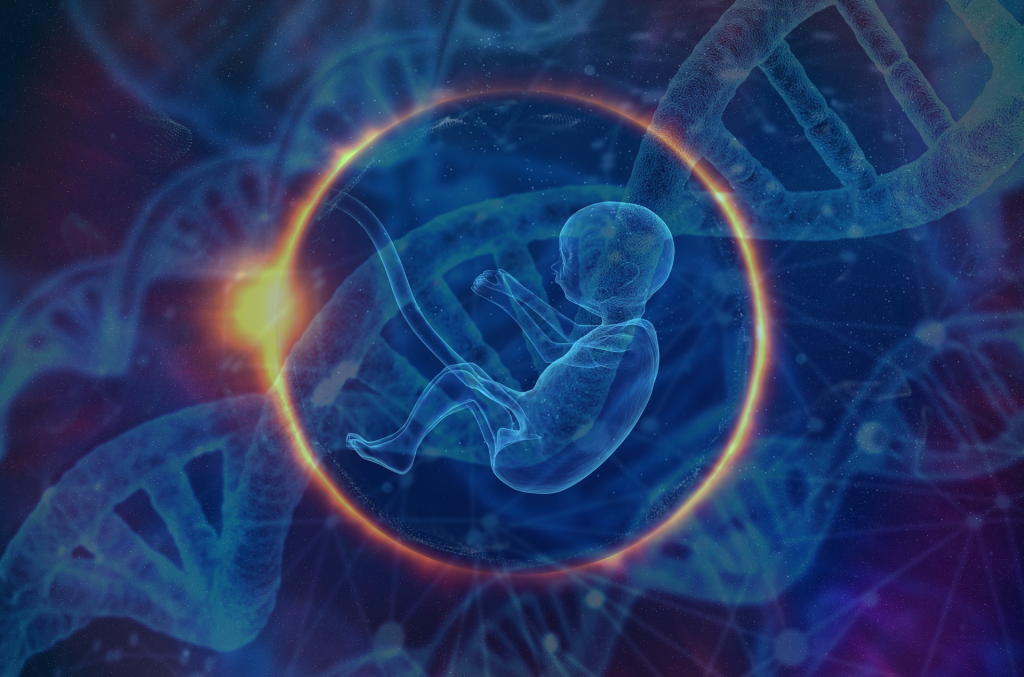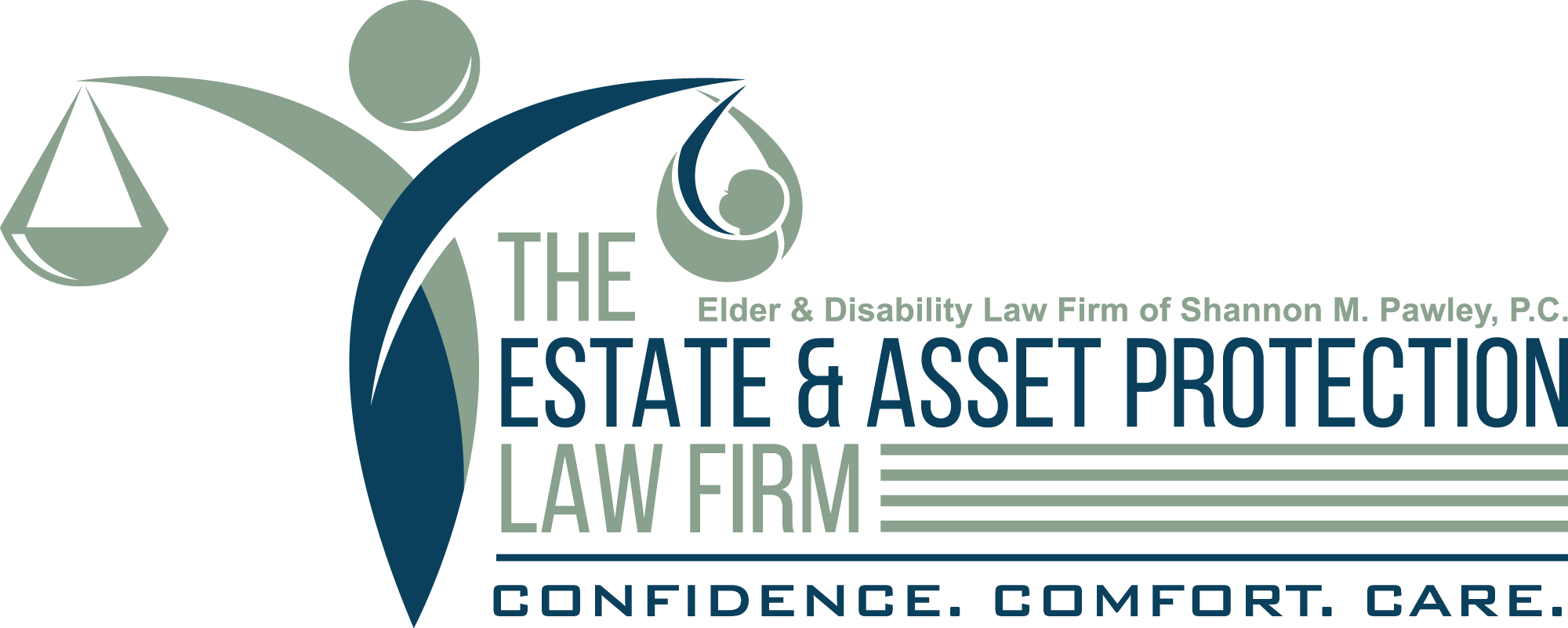Your Genetic Material and Your Estate Plan: How To Address Frozen Sperm, Eggs, and Embryos

Did you know there are special considerations it comes to your genetic material and your estate plan?
First you need to understand the relationship between your genetic material and your estate plan. Currently, about 2% of all births in the United States result from Assisted Reproductive Therapy (ART). In 2021, there were close to 100,000 babies born using ART.
The use of ART is growing as more couples face fertility issues. Furthermore, fertility centers around the country are housing unused frozen sperm, eggs, and embryos.
The likelihood that frozen genetic material may survive the person who froze it gives rise to many questions. Specifically, there are special considerations for those who have genetic material in storage. The major questions of ownership and how the material should be disposed of or passed on, are questions that must be addressed in an estate plan.
A very specifically worded and well thought out estate plan is needed to ensure the clarity of your genetic material and your estate plan.
The laws regarding genetic material vary from state to state. Typically, sperm or eggs are generally considered one’s individual property. Your intent as to how gametes are to be used controls their disposition after your death, so if you intend to allow your frozen genetic material to be used for reproduction after your death, you should make your intent clear in your estate plan. Embryos are treated differently, and you must follow the laws of your state when making decisions about their use and/or disposal in your estate plan.
In creating an estate plan the following points are important to consider:
- Your Powers of Attorney should account for your stored genetic material.
- Your will or trust should discuss the disposition of any of your genetic material at your death.
- You need to consider what your (and your partner’s) lifetime rights are to the genetic material.
- Your will or trust should discuss the inheritance rights of children conceived through ART.
More challenges around this topic are surfacing as the use of ART continues to become more popular. If you have genetic material in storage or are considering ART to start your family, it’s important to create an estate plan or revise your existing estate plan to account for any unused genetic material and more. Give my office a call today at 404-370-0696 and lets discuss all of the important details.
Looking to find an experienced estate lawyer in the Georgia area who is skilled in asset protection and estate plan preparation? Shannon Pawley is an attorney in Georgia with expertise in estate planning and asset protection. Shannon can provide assistance with creating an estate plan to include making a will and how to establish a trust properly. If you have questions about asset protection or questions about making an estate plan, reach out to Shannon and she will be glad to help answer all the estate planning questions you might have!







